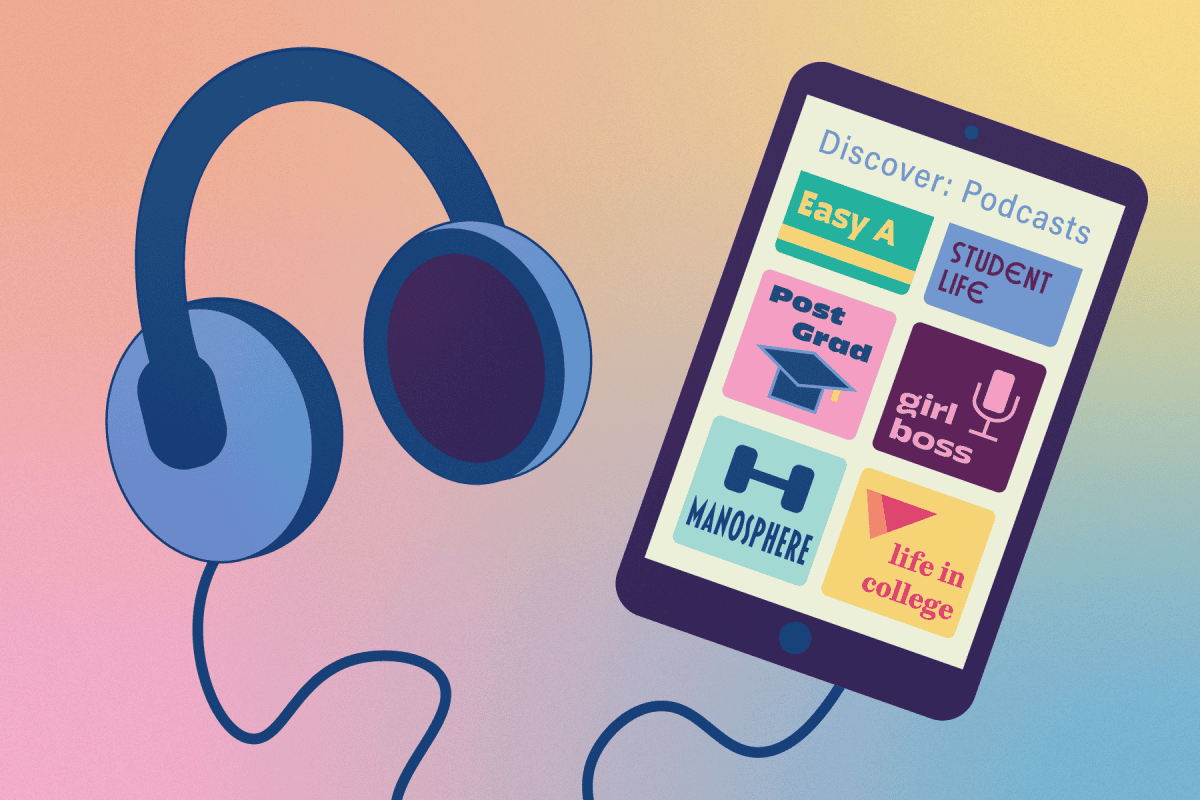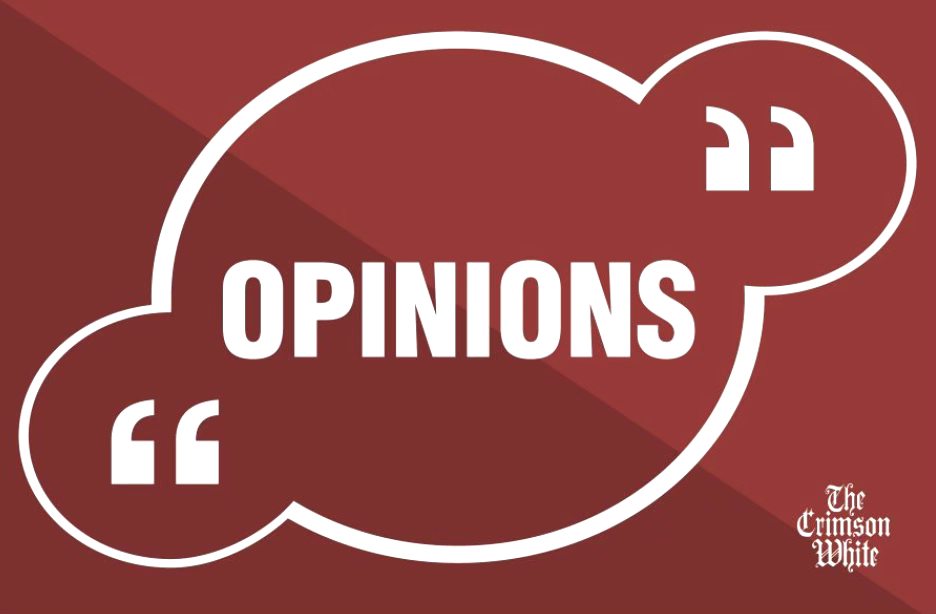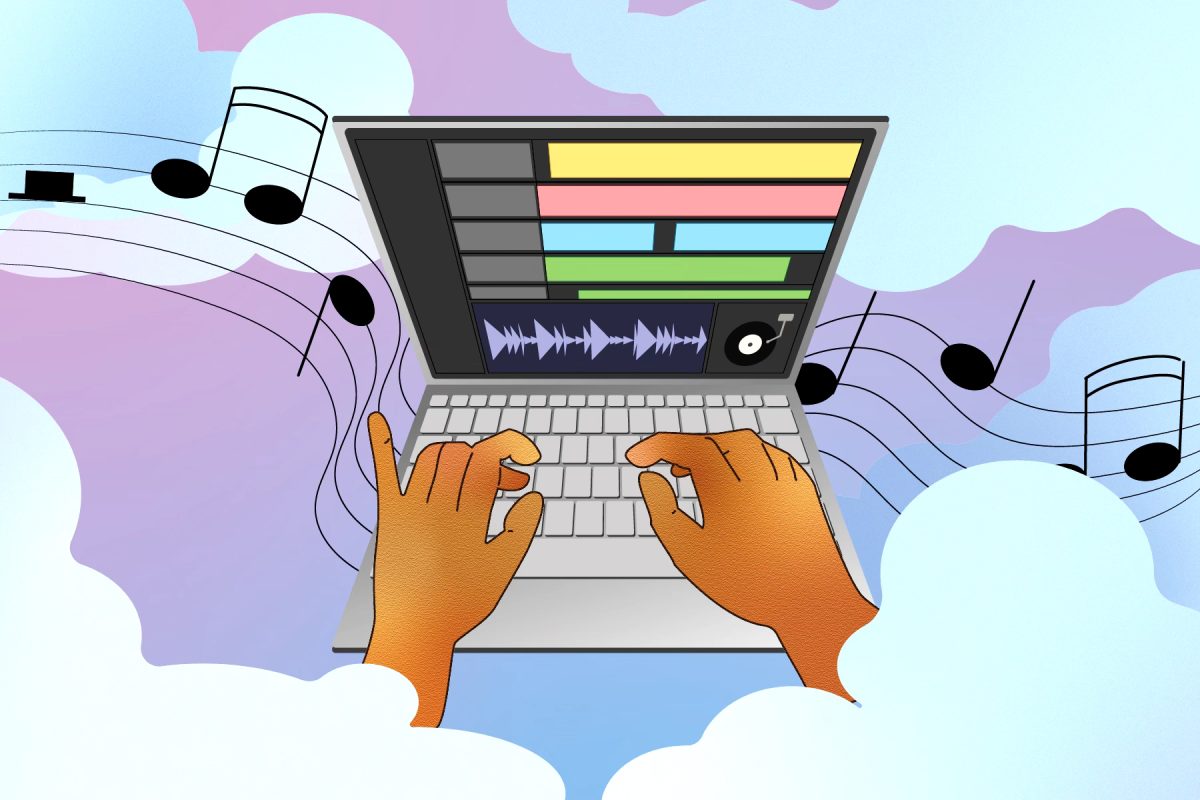I’m a firm believer in adding a soundtrack to your day. Whether you’re doing homework, cleaning your bedroom or trying to keep your eyes open on a long drive home, what you listen to plays a pivotal role in how you go about your daily tasks. But music isn’t the only option. There exists a multi-functional and engrossing alternative: podcasts.
Podcasts are a medium of streamable, long-form audio content, with each episode focusing on a central theme or topic. This is a relatively new classification of long-form media, first appearing in 2004 but only achieving mainstream popularity in 2014 with the introduction of narrative podcasts.
A study from April found that 100 million Americans now listen to at least one podcast every week. The percentage of Americans who have listened to a podcast increased from 64% in 2023 to 67% in 2024.
This growth is most rapid among the 59% of 12-34 year olds who listen to podcasts. This group serves as the frontrunner for consumption in comparison to other age demographics.
However, we must consider the concerning reality that the attention spans of young people are shrinking. As platforms such as TikTok continue to gain popularity, our attention spans are suffering from the consumption of short-form media. As much as I enjoy scrolling on TikTok, I’ve noticed how difficult it has become for me to pay attention to a movie or even a TV show. Platforms that once had an emphasis on longer content, like YouTube, are introducing new concepts like YouTube Shorts in an attempt to combat the resulting loss in engagement.
So how do podcasts manage to consistently gain and retain young listeners on a monthly basis?
First, podcasts have a very diverse content landscape. There is a show for everyone, no matter your interests or lifestyle. With over five million available globally, topics such as pop culture, politics, true crime and finance barely scratch the surface of potential listens.
They are also convenient. I can play an episode of “The Broski Report” while doing my makeup in the morning or walking to class, or most commonly with the show as background noise while completing homework. You can make the choice between actively and passively engaging with the content.
Podcasts allow you to learn in a low-stakes setting. I love having my internal file folder of fun facts, and podcasts have been my greatest suppliers. Absorbing new information has positive effects on mental health because it is directly associated with both self-determination and self-confidence.
Moreover, podcasters often feel more authentic than traditional celebrities as a result of this communicative form of content sharing. Podcasters frequently share personal narratives, struggles, successes and opinions. Even if it may be one-sided, this more direct line of communication helps to foster the idea of community and trust. This also gives opportunities to listen to and learn from those with different opinions or life experiences.
Whether you are looking for a morning pick-me-up, background noise while doing homework or even something to help you fall asleep, soundtracking your day with podcasts has numerous benefits extending far beyond just entertainment. As a versatile and accessible form of media, podcasts appeal to a vast audience of people, making it easier than ever to find content that resonates personally and enriches daily life.








